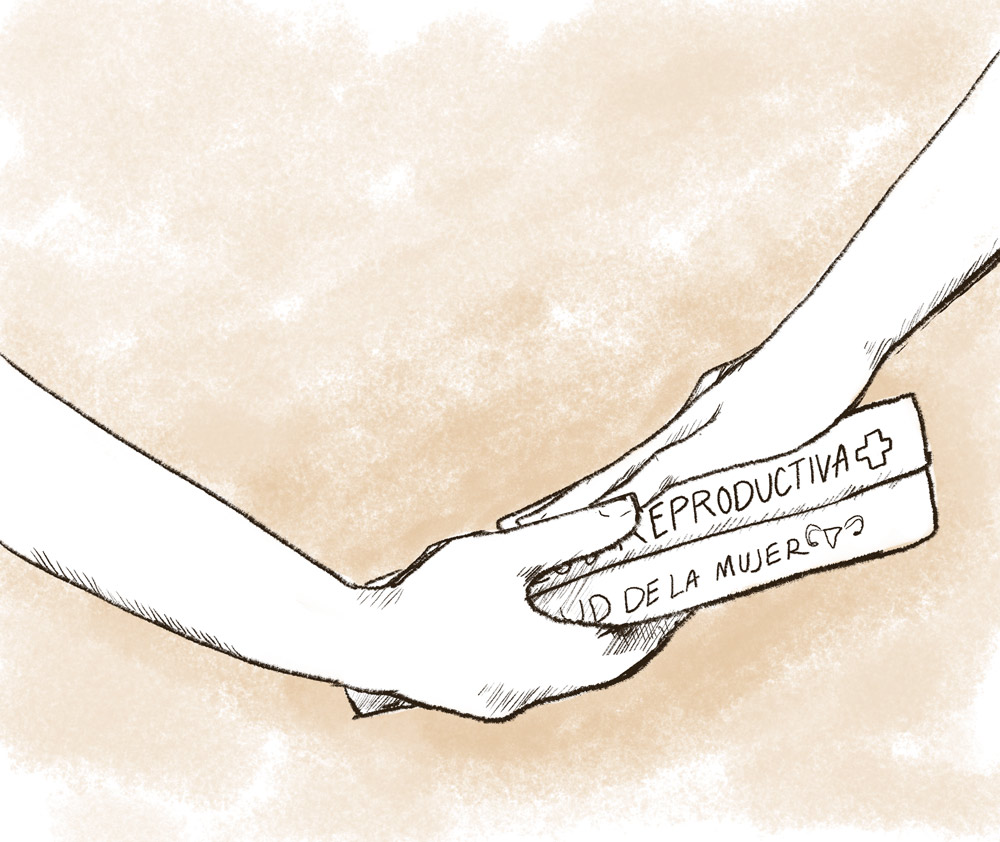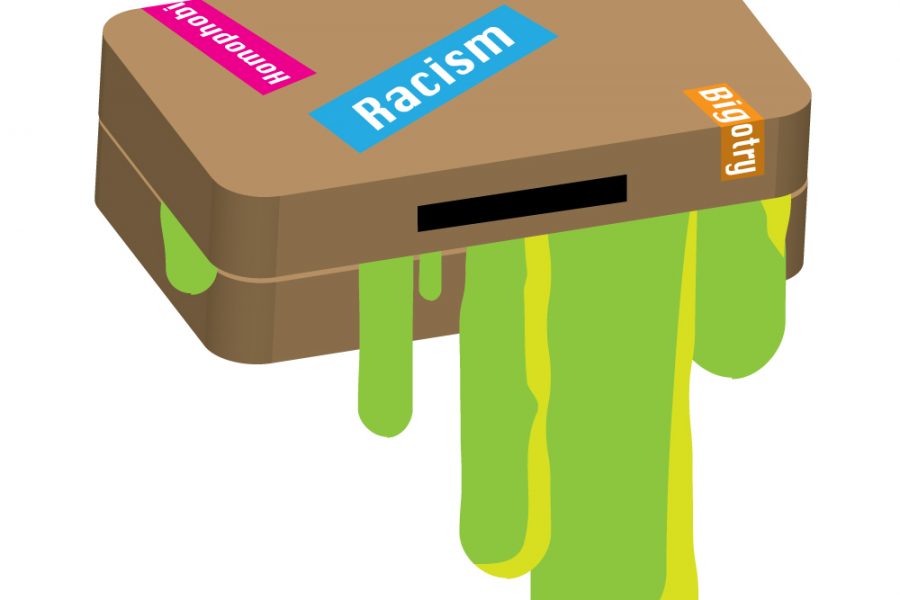Movements throughout Ecuador are fighting to make abortions safer for women. The country has some of the most restrictive abortion laws in the world, according to The Nation.
While some groups are fighting to decriminalize abortions, one group, Las Comadres, is making illegal abortions safer. The Nation describes Las Comadres’ approach as one that “skirts legal restrictions” and works to make the risky procedures easier and more hygienic for people looking to have an abortion.
The Comadres are a counter-current feminist group who work to make abortion accessible with a goal to decriminalize the procedure. Ecuadorian law dictates having an abortion is illegal, so the Comadres—which translates to ‘Godmothers’ in English—provide young women the information they need in order to obtain Misoprotal, a medication that causes a safe abortion. A member of the Comadres will then stay with the woman while she takes the abortion medication.
Although abortions are illegal in Ecuador, providing information is not. “We facilitate the contact but don’t sell them the pills,” Tamia Maldonado from Las Comadres explained. The services are free other than a service fee to deliver the pills.
Wealthy women in Ecuador can obtain safe abortions if they can cross the border into a different country, but for women in less financially stable situations, many turn to back alley abortions. These illegal abortions often result in complications, illness and even death. In 2014, back alley abortions were the third largest cause of maternal death in Ecuador and made up 15.6% of all deaths in the country, Reuters reported.
Prosecutions against women who have abortions have escalated sharply in the past few years. In January 2019, attorneys investigated 378 cases, according to The Nation. A significant portion of the women who obtain abortions became pregnant after they were sexually assaulted, and many times these assaults were at the hands of close friends or family.
According to Reuters, there have been over 14,000 cases of rape reported to authorities over the last three years. 718 of the reported cases involved girls younger than 10 years old. 20,000 girls under 14 years old gave birth between 2008 and 2018, many of them due to instances of sexual assault, Reuters reported.
“Here we talk about child pregnancies, but these are rape,” Ecuadorian lawmaker Karla Andrade told Reuters. “It’s not that a child just gets pregnant. A lot of times it’s done by fathers or other family members, so they never get reported.”
Ecuador’s National Assembly is currently debating whether or not to allow a change in the criminal code which would allow for access to safe and legal abortions in the case of rape or incest, but no conclusive decision has been released yet.






